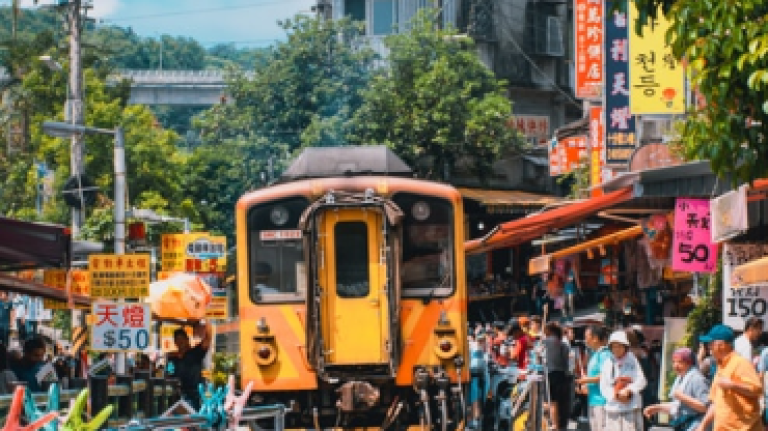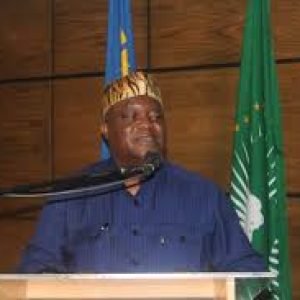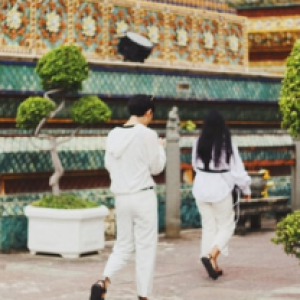
For truly authentic cultural experiences beyond Kigali, here are the key cities and towns where you can immerse yourself in traditional Rwandan life:
Huye (also called Butare) – The Cultural Heart
Huye is considered the intellectual and cultural pulse of Rwanda and was the largest and most important city in Rwanda prior to 1965 when it lost out to more centrally located Kigali. This university town offers the most authentic cultural experiences:
What makes it special:
Home to the National Ethnographic Museum, one of Africa’s finest collections of pre and post-colonial ethnographic, artistic, and archaeological displays
Often regarded as a university city due to the large number of university students and student-centered activities
More relaxed pace compared to Kigali, allowing for deeper cultural interactions
Traditional markets and local artisans working in their natural environment
The prestigious Nyakibanda Seminary and Ruhande Arboretum attract visitors interested in religious and cultural tourism
Cultural experiences:
Visit traditional craft workshops where you can learn about basket weaving, pottery, and woodcarving
Engage with university students for genuine conversations about Rwandan youth culture
Explore the National Museum’s extensive collection of traditional artifacts
Participate in local market days to experience authentic daily life
Gisenyi (now part of Rubavu District) – Lakeside Traditions
Located on the shores of Lake Kivu, Gisenyi offers a different cultural perspective:
Cultural highlights:
Traditional fishing communities where you can learn about lakeside life
Local boat builders who still use traditional techniques
Vibrant markets selling fresh fish and local produce
Traditional dance performances that are more intimate than tourist shows
Hot springs that have spiritual significance in local culture
Musanze – Mountain Culture
As the gateway to Volcanoes National Park, Musanze offers insight into mountain community life:
Authentic experiences:
Visit traditional farming communities that cultivate the volcanic slopes
Learn about traditional beekeeping and honey production
Participate in community-based tourism projects
Experience how mountain communities have coexisted with wildlife for generations
Traditional pottery making using local clay
Nyanza – The former Royal Capital
This town holds special significance as the traditional seat of Rwandan royalty:
Royal cultural experiences:
Visit the reconstructed Royal Palace to understand traditional governance
Learn about the sacred Ankole cattle and their role in Rwandan culture
Experience traditional court ceremonies and customs
Explore the traditional architecture and its cultural significance
Rural Villages and Cultural Villages
Authentic cultural experiences are available through tours of local villages such as Bwiza and Agahozo-Shalom, where you can:
Stay with local families in traditional homestays
Participate in daily activities like farming, cooking, and crafting
Learn traditional songs and dances in their original context
Experience the ubuntu philosophy (interconnectedness) in daily life
Participate in community decision-making processes
Tips for Authentic Cultural Immersion:
Language: Learning basic Kinyarwanda phrases opens doors to deeper connections. Most educated Rwandans speak English or French, but local languages create special bonds.
Respect: Dress modestly, especially when visiting rural areas. Remove shoes when entering homes and always greet elders first.
Timing: Visit during harvest seasons or cultural festivals for the most vibrant experiences.
Accommodation: Choose community-run guesthouses or homestays over international hotels for authentic interactions.
Activities: Participate in daily activities rather than just observing. Offer to help with cooking, farming, or crafts.
These destinations offer genuine glimpses into Rwanda’s rich cultural heritage, where traditions are still lived rather than performed, and where you can form meaningful connections with local communities while contributing to sustainable tourism development.

